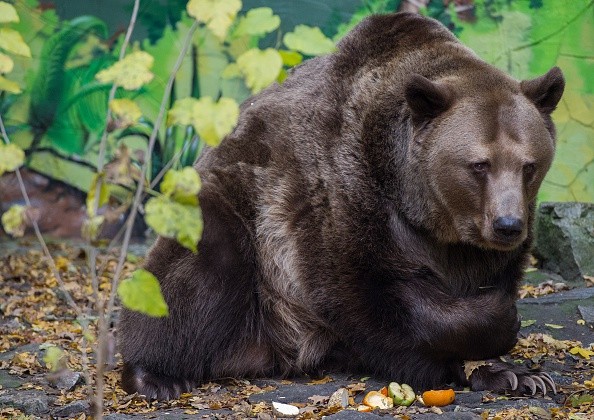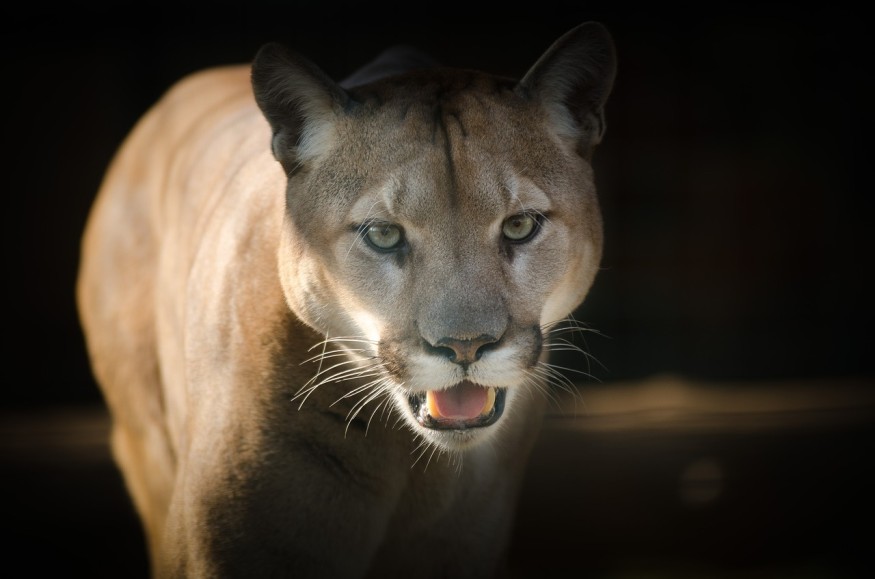Wild animal assaults are uncommon, but deadly interactions occasionally occur, particularly when people disregard or are uninformed of wildlife observing guidelines and etiquette.
Over Memorial Day weekend, a bison in Yellowstone gored an Ohio lady who had approached the animal within 10 feet, falling well short of the national park's requirement of at least 25 yards (or 75 feet). The burly beast threw the guest 10 feet in the air and punctured him, among other injuries.
How To Behave Around Wildlife

Nature provides several emotional and physical health advantages. However, it is vital to remember that our natural spaces aren't just for our enjoyment; they also offer a habitat for various species, including predators such as bears, wolves, and cougars. To avoid an uncomfortable encounter with a wild animal, follow these expert guidelines.
1. Learn about the wildlife in the area you intend to visit.
Bart Melton, wildlife program director of the National Parks Conservation Association (NPCA), a D.C.-based charity, says the primary rule of thumb while visiting conservations and national parks is to know what species makes the site home. Learn to recognize the locals (grizzlies have distinct shoulder humps, whereas black bears have not) and keep track of their routines.
For example, ungulates like bison and coyotes are crepuscular, meaning they are most active between dusk and morning, but alligators are diurnal and nocturnal.
2. Follow the marked pathways and observation platforms at all times. Try not to startle the wildlife.
Be predictable; it is usually best to avoid heavily used paths when dealing with creatures such as bears and moose. Visitors may see the giant reptiles from a tram or along a wooden boardwalk in Shark Valley in Florida's Everglades National Park, which is home to over 200,000 alligators.
"They're not going to climb up and grab you," said Barmeyer. Meredith Budd, regional policy director for the Florida Wildlife Federation, cautions against loitering near the water's edge, especially in retention ponds and if you have a small dog. "If there's a body of water in Florida, there's probably an alligator in it," she remarked.

3. Remove any traces of food. Remove all of your trash and clean away any crumbs.
If you're going camping, keep your food in a bear-proof container. In most circumstances, wildlife wants to avoid people. Still, if you leave the aluminum foil with burger drippings from last night's picnic, you make it difficult for animals to ignore you, according to Hofberg. Never leave a food-filled bag sitting around, even to take a picture of a view or tie your shoe.
Keep an eye out for scents that may smell like a medicine closet to you but a Las Vegas buffet to a wild animal. Melton, for example, advises campers not to bring toothpaste or deodorant inside their tents before lights out. Also, if you cook burgers in your hiking clothing, don't sleep in them. Respect others. It should go without saying that you should never feed, tease, or mistreat animals.
For more Travel news, don't forget to follow Nature World News!
© 2025 NatureWorldNews.com All rights reserved. Do not reproduce without permission.





